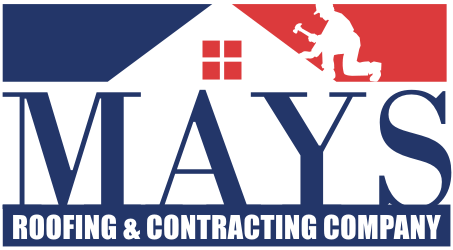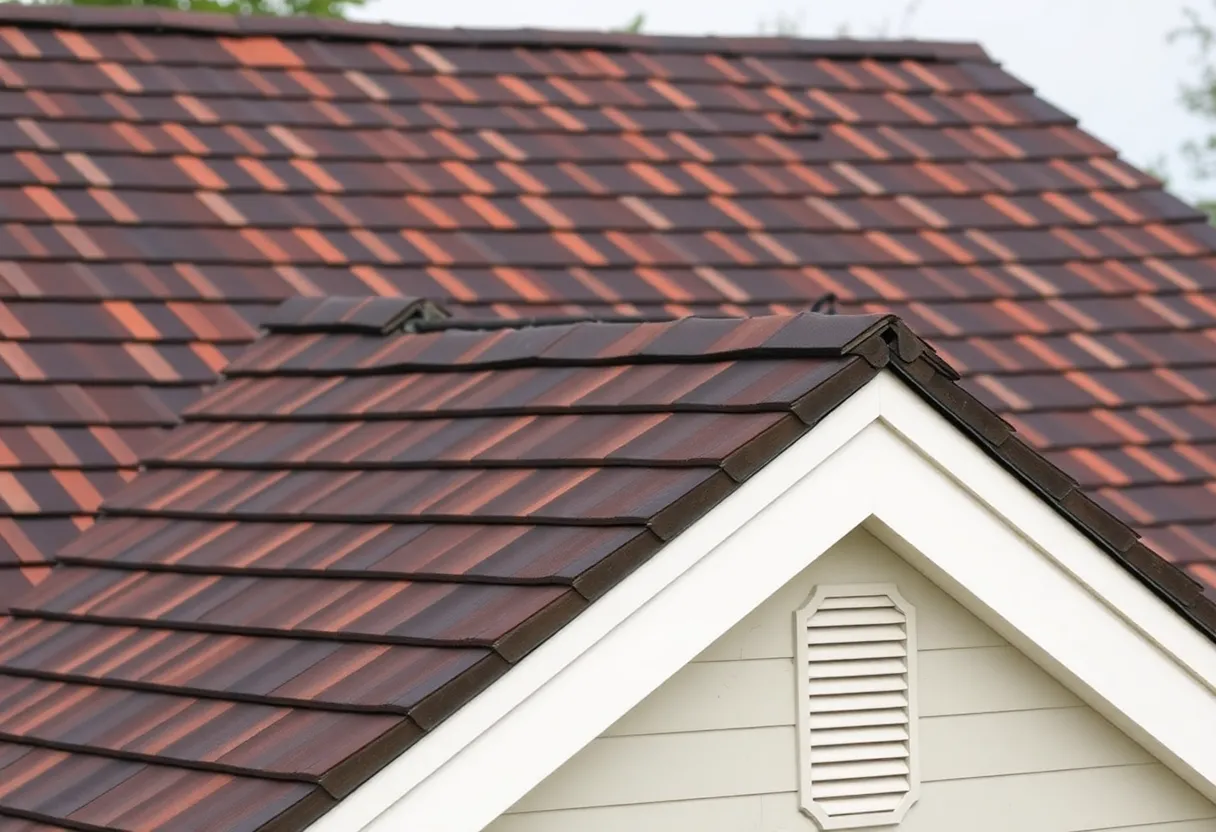How to Choose the Best Roofing Options for Energy Efficiency in Your Home
Energy efficiency is a key concern for homeowners today. With rising energy costs and increased environmental awareness, selecting the right roofing materials can significantly impact your home’s energy consumption. This article explores various roofing options that enhance energy efficiency while maintaining aesthetic appeal and structural integrity.
Understanding Energy Efficient Roofing
Energy-efficient roofing involves selecting materials that reflect sunlight, insulate your home, and reduce energy consumption. The choice of roofing plays a vital role in temperature regulation, moisture management, and overall durability, all of which contribute to energy savings. Homeowners need to assess materials based on their energy performance ratings.
Factors to Consider When Choosing Roof Materials
1. Climate
Local climate conditions strongly influence roofing decisions. In warmer climates, reflectivity is crucial, while in colder areas, insulation properties are paramount. Understanding your climate can help narrow down the most suitable roofing options.
2. Color
The color of your roof affects both energy efficiency and aesthetic appeal. Light-colored roofs can reflect more sunlight, keeping homes cooler during hot months. Conversely, darker roofs absorb heat, which may be advantageous in cooler climates but can lead to increased cooling costs in warm seasons.
3. Material Type
Different roofing materials offer varying degrees of energy efficiency. Popular options include:
- Metal Roofing: Highly reflective and durable, metal roofs often last over 50 years. They provide excellent insulation when combined with proper underlayment.
- Cool Roofs: These roofing systems are designed to reflect more sunlight than traditional roofs, reducing heat absorption. Different materials can achieve this effect, including reflective coatings and specific granule colors.
- Asphalt Shingles: Energy-efficient asphalt shingles with reflective coatings can improve energy performance. However, traditional shingles may not offer the same benefits.
- Clay and Concrete Tiles: These materials tend to have good thermal mass, helping to moderate indoor temperatures. They are also long-lasting and environmentally friendly.
- Green Roofing: Incorporating vegetation into your roof can provide natural insulation and improve air quality, as well as reducing the heat island effect in urban areas.
4. Installation and Maintenance
The installation process significantly impacts the energy efficiency of a roofing system. Proper sealing, insulation, and ventilation are critical. Additionally, regular maintenance can prevent issues like leaks or excessive heat buildup, which can compromise energy efficiency.
Insulation and Ventilation Considerations
Proper insulation and ventilation are crucial complements to your roofing choice. Insulation helps to retain heat in winter and keeps it out during summer months. This leads to substantial energy savings over time.
1. Attic Insulation
Make sure your attic is adequately insulated to maximize the potential of your chosen roof. Insulating your attic can enhance your roof’s performance by preventing heat loss and gain.
2. Ventilation Systems
Effective ventilation plays a significant role in regulating temperature and moisture levels. Install vents to allow hot air to escape during the summer months, reducing the load on your heating and cooling systems.
Assessing Energy Performance Ratings
Understanding energy performance ratings is crucial for making informed roofing decisions. Key ratings to consider include:
1. Solar Reflectance Index (SRI)
SRI measures a roofing material’s ability to reflect solar heat. A higher SRI indicates better performance, leading to cooler indoor temperatures.
2. Energy Star Certification
Products that meet specific energy efficiency criteria may receive Energy Star certification. Choosing certified materials ensures you are investing in products that have been tested and proven to promote energy savings.
Long-term Savings and Return on Investment
Energy-efficient roofing is not only beneficial for the environment but can also offer substantial long-term savings. Although some options might have a higher upfront cost, the potential energy savings over the roof’s lifespan can offset initial investments.
Evaluate the expected lifespan of your chosen materials against their maintenance costs and warranty coverage. Making informed decisions about roofing enhancements can contribute to a home’s overall value.
Choosing the Right Contractor
The expertise of your roofing contractor directly affects the energy efficiency of your new roof. Select professionals with experience in energy-efficient roofing and proper licensing and insurance.
1. Check Credentials
Always verify the credentials of contractors, including licenses, insurance coverage, and customer reviews. Look for professionals who specialize in energy-efficient roofing installations.
2. Ask for References
Request references from previous clients to gauge the contractor’s quality of work. This can help you make an informed decision about who to hire.
Conclusion
Choosing the best roofing options for energy efficiency requires careful consideration of various factors. By considering your local climate, material type, and installation quality, you can significantly impact your home’s energy consumption.
Ultimately, investing in energy-efficient roofing not only enhances your home’s value but also contributes to a more sustainable future. Take the time to research and choose wisely to ensure your new roof meets your energy efficiency goals.





 Mays Contracting
Mays Contracting


